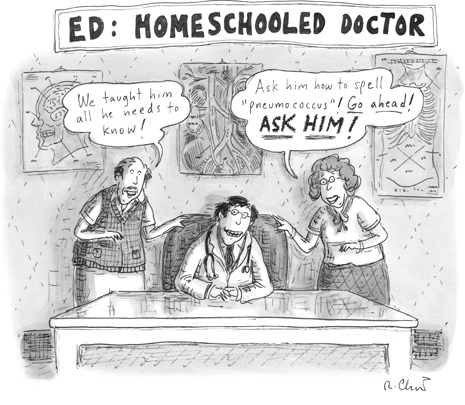A federal drug official on Friday dealt a severe blow to the popular diabetes drug Avandia, issuing a scathing review of a major clinical trial that its manufacturer has been using to argue that the drug was safe.
The reviewer, Dr. Thomas Marciniak of the Food and Drug Administration, found a dozen instances in which patients taking Avandia appeared to suffer serious heart problems that were not counted in the study’s tally of adverse events.
Such repeated mistakes “should not be found even as single occurrences” and “suggest serious flaws with trial conduct,” Dr. Marciniak wrote.
The detailed report could prove crucial next week, when a panel of experts will meet to consider whether to recommend to the F.D.A. that the manufacturer, GlaxoSmithKline, withdraw Avandia from the market or restrict its sale.
The panel’s decision will have broad consequences for the company, the F.D.A. and perhaps even the entire process by which medical products are approved. The agency almost never does clinical trials on its own, depending on drug companies to conduct them appropriately.
Avandia, which helps patients get better control of blood sugar levels, has already come under intense criticism. It has been shown to increase the risks of bone fractures and to cause swelling that can lead to heart failure and eye problems.
And a number of studies, including some by GlaxoSmithKline, suggest that it could increase the risks of heart attacks, strokes and death. But the company has relied heavily on the major clinical trial, nicknamed Record, to demonstrate that those risks are exaggerated.
Dr. Marciniak’s review of the Record study calls that assertion into question. He found one case in which a seizure patient was hospitalized for bleeding in the brain, but all mention of the episode was deleted from records. Another patient was hospitalized for 67 days after a severe stroke, but the study record showed no sign of a cardiovascular problem.
Still another died after being hospitalized for a serious heart problem, but the death was listed as arising from an unknown cause and not heart-related.
Correctly interpreted, he concluded, the study actually supports critics’ contentions that Avandia may cause heart attacks and strokes. “One does not have to be a mathematician or to perform calculations,” he wrote, to come to the conclusion that a combined look at all the trials of Avandia would demonstrate that it causes heart attacks.
Mary Anne Rhyne, a spokeswoman for GlaxoSmithKline, said the study demonstrated that Avandia is safe and added, “The Record study was conducted according to good clinical practices and the data are reliable.”
More ...
http://www.nytimes.com/2010/07/10/health/10diabetes.html?th=&emc=th&pagewanted=print
